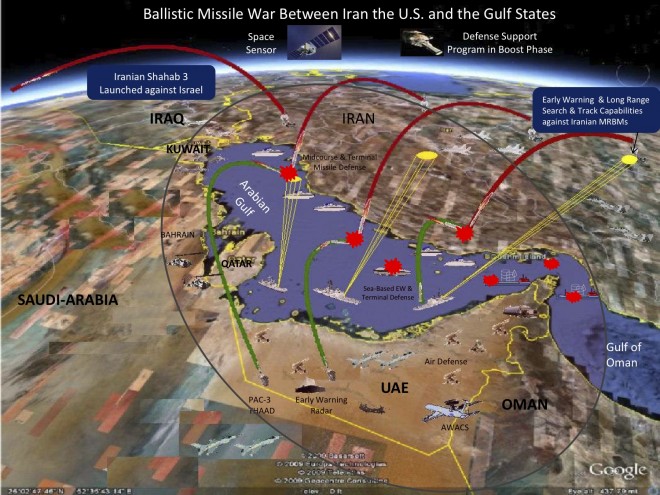An Israeli official on Monday cited a 2007 airstrike on a Syrian nuclear reactor to justify another unilateral attack on Iran’s nuclear program if the US maintains its position of not backing action now.
 “President [George W.] Bush did not agree to the United States taking part [in the 2007 raid], but in any event the right step was taken,” Environment Minister Gilad Erdan said on Israel Radio.
“President [George W.] Bush did not agree to the United States taking part [in the 2007 raid], but in any event the right step was taken,” Environment Minister Gilad Erdan said on Israel Radio.
Israelis like to cite two previous so-called “surgical strikes” on nuclear reactors of opposing states to justify a similar attack on Iran in the current context. One on Iraq’s Osirak reactor in 1981 and the other on Syria’s suspected site in 2007. Both examples are misleading.
With Iraq in 1981, Israel used eerily similar justifications for attacking as are now being used to justify attacking Iran – that is, they were on the verge of having a nuclear weapon and time was running out to prevent “another Holocaust,” as then-Prime Minister Menachem Begin said.
“To begin with, Hussein was not on the brink of a bomb in 1981,” writes Colin Kahl, for Obama administration deputy assistant secretary of defense for the Middle East. Saddam “Hussein had not decided to launch a full-fledged weapons program prior to the Israeli strike.”
“By demonstrating Iraq’s vulnerability,” Kahl explains, “the attack on Osirak actually increased Hussein’s determination to develop a nuclear deterrent,” and Iraq followed up by kicking out UN inspectors and reconstituting a nuclear weapons program in earnest (only to have it virtually destroyed in a 1991 war with the US).
Similarly with Syria, the Assad regime was not close to having a nuclear weapon. And the Israeli strike targeted a single reactor, providing the opportunity for a quick, in and out strike.
But Iran’s nuclear program is highly redundant, meaning it includes heavily protected several nuclear sites, none of which has been shown to involve any weaponization activities (thus presenting no conceivable imminent threat to Israel). Israel would not have the logistical capability to destroy all of Iran’s nuclear sites and would therefore present the danger of the Iranian leadership coming to the conclusion of the Iraqi leadership in 1981, prompting them to actually start a nuclear weapons program for a deterrent.
As former CIA and NSA directer General Michael Hayden put it, an Israeli strike “will only set the Iranians back some time and actually push them to do that which it is supposed to prevent, getting nuclear weapons.”
Additionally, Iran has comparatively better conventional military capabilities than Syria did in 2007 and would not only have some anti-aircraft ability to defend against airstrikes, but would have considerable abilities, with its ballistic missile program for example, to immediately launch retaliatory strikes against Israeli targets as well as American targets in the region.
A declassified war simulation run by the Pentagon earlier this year forecasted such a “strike would lead to a wider regional war, which could draw in the United States” and would immediately get at least 200 Americans killed in Iran’s retaliation, not to mention heavy Iranian and Israeli casualties.
Similarly, the Iranian-backed Lebanon group to Israel’s north, Hezbollah, has recently vowed to attack Israel in retaliation of any preemptive strike on Iran.
As US Admiral Mike Mullen said recently, “The US is aware that the action of a military strike could be destabilizing for the entire Middle East region and potentially generate a nuclear weapons race in that part of the world. I think an attack would also be, by us or by anybody else, very destabilizing.”
A recent report from the Center for Strategic International Studies on what a potential US or Israeli strike on Iran would look like concluded an Israeli attack “would lack any assurances of a high mission success rate.”


